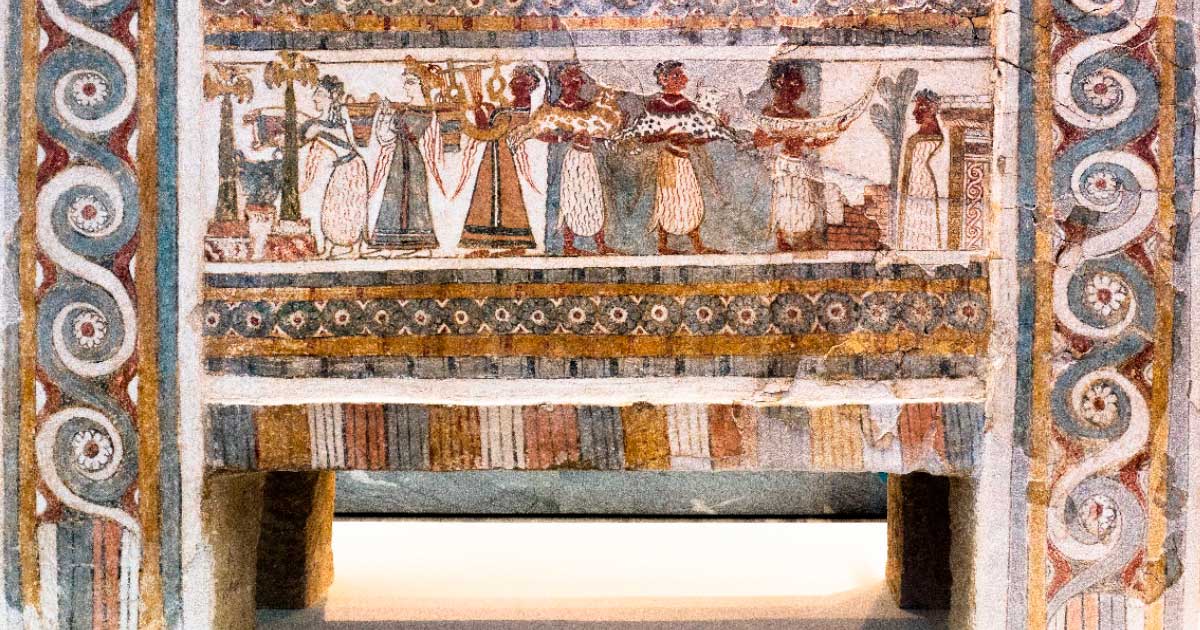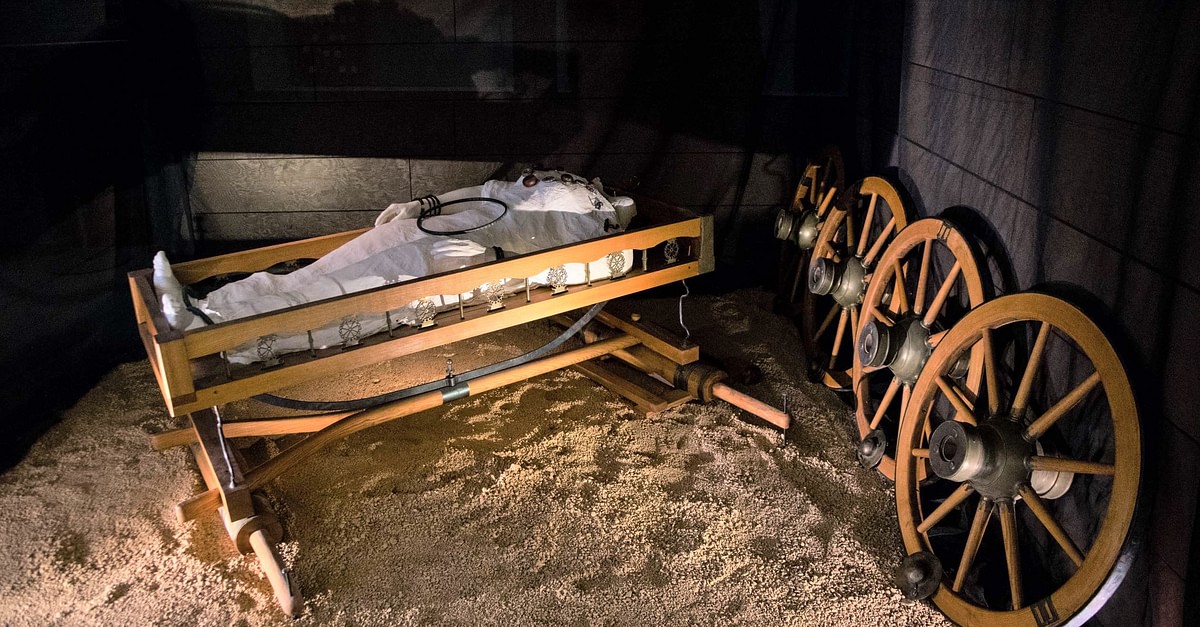Burial practices and beliefs vary significantly across different cultures and regions of the world. Some cultures believe in cremation, while others bury their deceased in the ground or in tombs above ground. Some cultures have elaborate funeral ceremonies, while others have more simple rituals. Here, we will explore the burial practices and beliefs of several different cultures to gain a greater understanding of the diversity of approaches to death and burial.
In Hinduism, cremation is the traditional method of disposing of the body after death. Hindus believe that the body is a temporary vessel for the soul, which is eternal. Therefore, the body is seen as something that should be disposed of in a way that allows the soul to be released. Cremation is believed to purify the body and release the soul, allowing it to begin its journey to the next life. Hindu cremation ceremonies often involve prayers and rituals, as well as offerings of food and other items to the gods.
In many Native American cultures, burial practices and beliefs revolve around the idea of returning the body to the earth. Native Americans believe that the body is connected to the land and that it should be returned to the earth after death. This can be done through burial in the ground or through the use of a burial platform or tree. In some cases, the body may be left in a natural setting, such as a forest, to be consumed by animals and returned to the earth. Native American funeral ceremonies often involve prayers, songs, and rituals that honor the deceased and help to guide their spirit to the next life.
In many African cultures, burial practices and beliefs focus on the importance of the community in the grieving process. In some cases, the body may be buried in a communal cemetery, while in other cases it may be buried in the family's home compound. African funeral ceremonies often involve music, dancing, and other rituals that honor the deceased and help to guide their spirit to the next life. In some cases, the deceased may be buried with personal possessions, such as jewelry or other items, as a way of helping them transition to the next life.
In many Eastern Orthodox Christian cultures, burial practices and beliefs revolve around the idea of resurrection and the belief that the body will be reunited with the soul after death. Orthodox Christians believe that the body is an important part of the person and should be treated with respect after death. Therefore, Orthodox Christian burial practices often involve the use of a coffin and the burial of the body in the ground. Orthodox Christian funeral ceremonies often involve prayers, hymns, and other rituals that honor the deceased and help to guide their spirit to the next life.
In conclusion, burial practices and beliefs vary significantly across different cultures and regions of the world. Some cultures believe in cremation, while others bury their deceased in the ground or in tombs above ground. Some cultures have elaborate funeral ceremonies, while others have more simple rituals. Understanding the burial practices and beliefs of different cultures can help us to gain a greater appreciation for the diversity of approaches to death and burial and the ways in which different cultures honor and remember their loved ones.


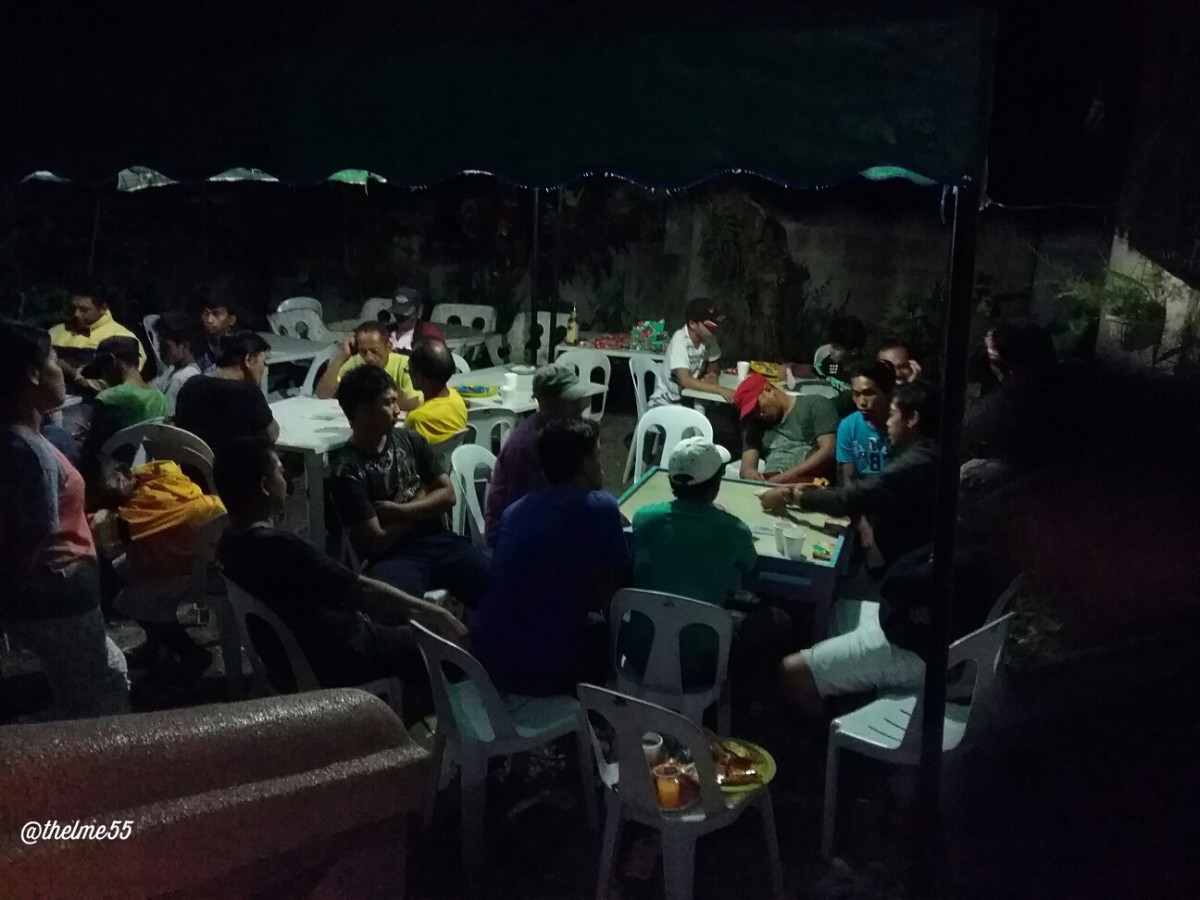
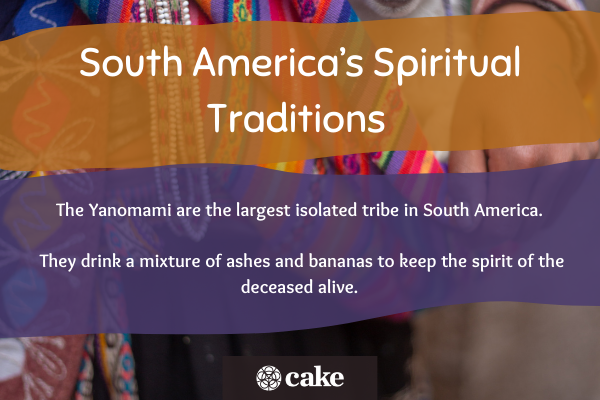
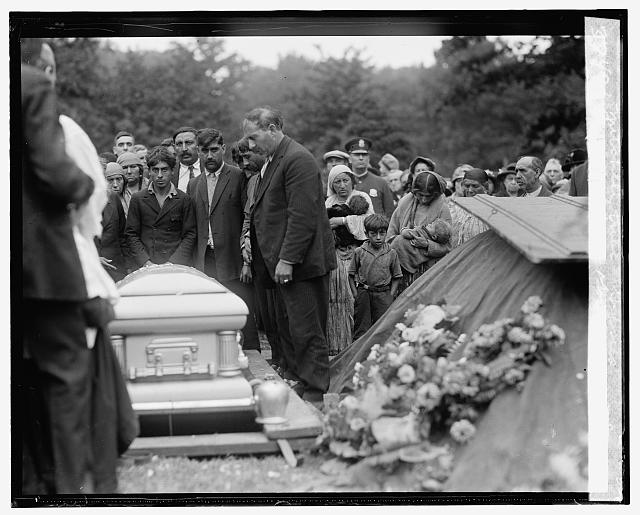
:no_upscale()/cdn.vox-cdn.com/uploads/chorus_image/image/66105268/01092020_VoxMillennialDeathPreparedness_015.0.jpg)
